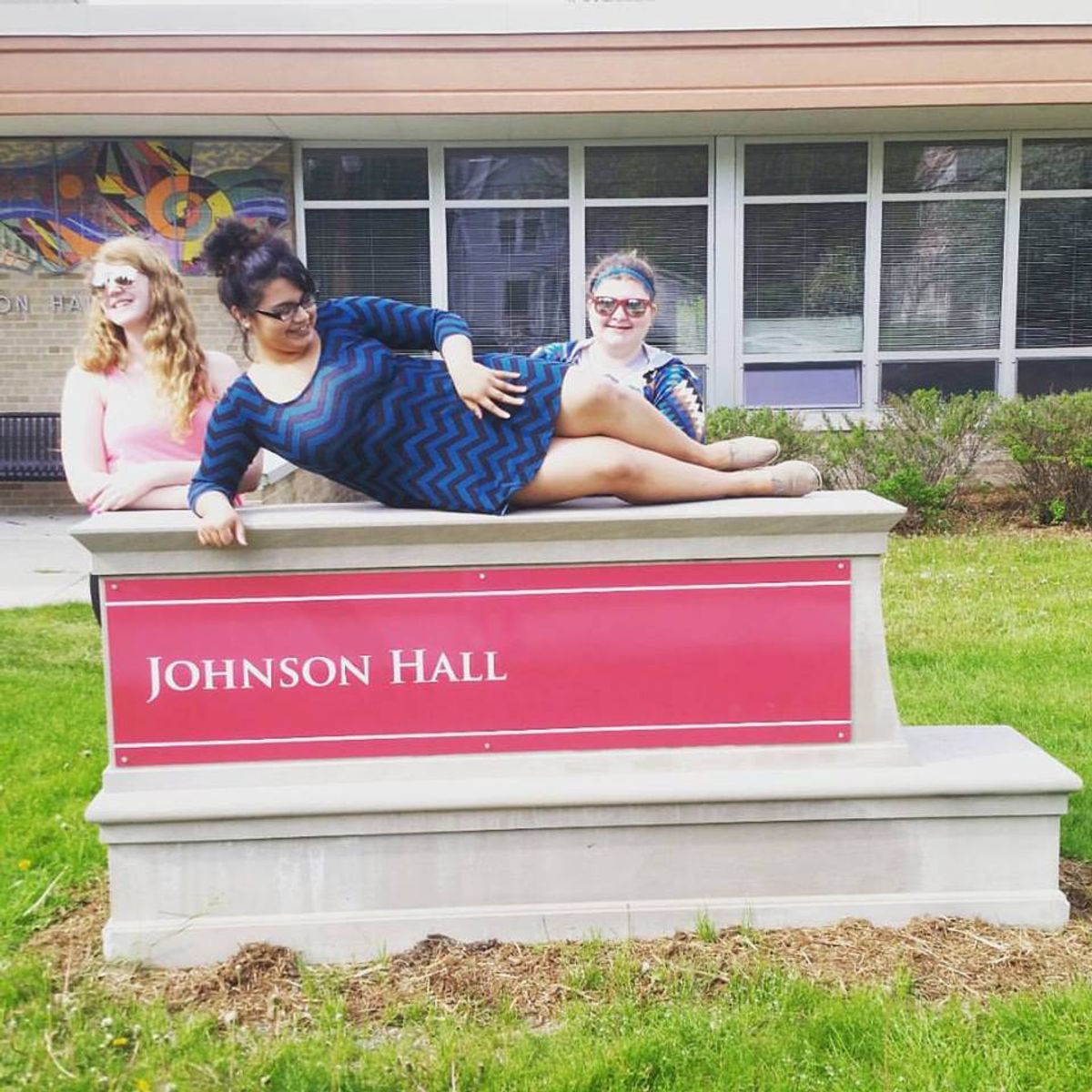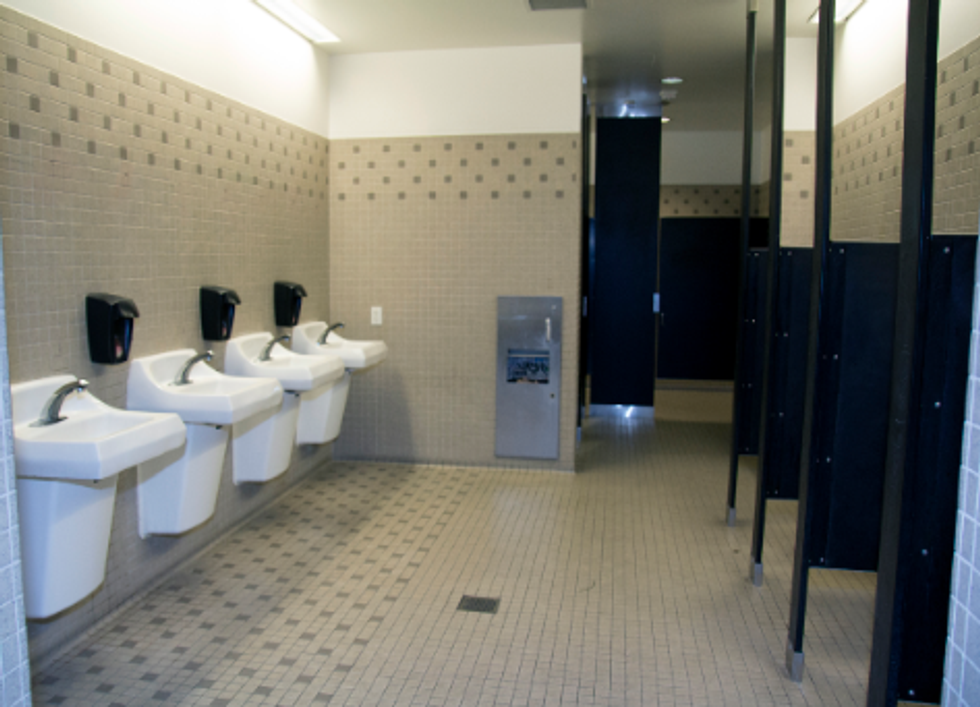School is underway, and with it comes responsibility. At Bethany College we have a nice little period of transition between first and second semester called "interterm." This is a good time to get a few extra credit hours in for free. You can take a class or two in a month. Sure, it can be crazy busy trying to squeeze a class in that small amount of a time, but that is the only class you have to focus on during that time. You would be crazy not to take advantage of it! This interterm I am observing different therapists at a hospital in their Behavioral Health Unit. I knew it would be a lot, but I didn't quite know just how much. Looking back on it now, there were so many things I didn't know. If you're going to be observing, here are some things you might find helpful.
Plan ahead.
Okay, so you might be thinking "Duh!", but seriously, think really ahead. I knew that I was going to observe at Salina Regional about halfway through the previous semester. I got the logistics all figured out, and I knew I would have to fill out paperwork. I was planning on going in person to talk about the job, too, but I ended up not having enough time for that. Before I knew it, the semester was over and I had gone back home. Plan ahead and go figure out what exactly you will be doing by visiting with the person you will be observing...before you have to start observing.
Be prepared to fill out paperwork.
Yes, you have to adult. Paperwork can be scary. That's why it's important to look at the paperwork you will be filling out before the paperwork is due. I tried to plan it all out so that I got the signatures of teachers and advisors at school before I had to leave school. Know that you will need multiple signatures from different entities. My advice is to fill out all the paperwork you can, then scan it to those whose signatures you will be needing, and ask them to scan the papers back to you. It makes things go faster. If you don't have a clue what you are doing, ask the person you are observing, a friend who has had to fill out the same papers, or your mom. Moms know a lot about that stuff, and they make adulting a lot easier.
Know what to wear.
If you can, ask the person you are observing what clothing would be appropriate. I know some people who are observing where it is okay to wear jeans. I have to wear slacks and a nice shirt for my observation. It won't kill you to buy some professional-looking clothes. Just make sure you are fitting in with those around you. This makes the observing easier. If you are unsure what to wear, overdress the first time you go to observe. Sure, you might be the most dressed up person there, but at least you look professional. You will then see what everyone else is wearing and will have a better idea of what to wear.
Call those in charge first.
If you didn't hear back from anyone after you sent in everything, call them. Verify with them that they got your paperwork and everything is good to go. Ask any other questions you have about what you will be doing while observing. Some good questions are, "Where do I go?", "Do I need anything else?", and "Should I bring anything?"
Allow yourself plenty of time to get there.
I didn't know where to go the first day of my observation because I didn't get any direction. (I should have called.) I left a half hour early and ended up going to the wrong place. Luckily, I had just enough time to get where I needed to be before I was technically late. Head out early, because you don't know if there will be problems with traffic, your car, or finding the correct location. If you know exactly where you need to be and get there early, you have time to compose yourself before entering the craziness. Don't go in any earlier than fifteen minutes before you're supposed to be there (unless you have last-minute paperwork, have to use the restroom, etc.), and try to be at least five minutes early.
Be prepared to interact.
"I'm just observing. I won't have to interact with anyone other than who I am observing," I thought. WRONG! The minute I got there, I started playing a game with the patients. I wasn't expecting to be around them and talking to them as much as I was. I felt like I was just there to quietly watch how things were done. I soon found out that I couldn't do my observation without having that connection with those around me.
There are some tidbits to help you kinda know what to expect when observing. Go forth and get that hands-on experience. See what your future could be like as a working adult!













 Photo by
Photo by 








